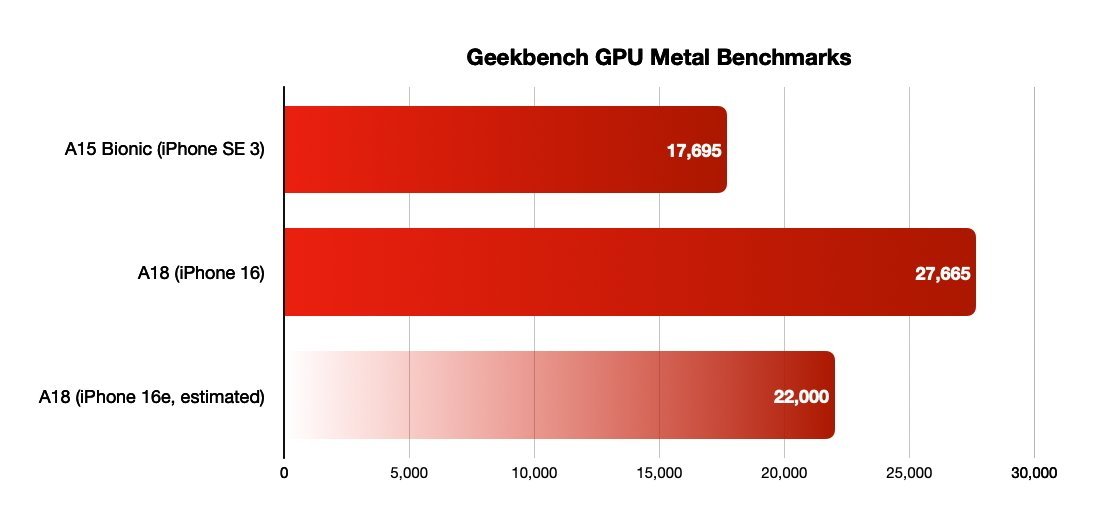While a UK regulator continues to say iPhone browsers rules are anticompetitive, Apple’s detailed response says these findings are wrong and unlawful, plus proposed remedies will create the problems they are supposed to solve.
In November 2024, the UK’s Competition and Markets Authority (CMA) released a preliminary report asserting that Apple’s rules about web browsers on iPhone were limiting app developers’ ability to innovate. Alongside Apple’s filing, the CMA has now also published its own summary of Apple’s position, following a meeting with the company in December 2024.
Where the CMA wants to impose remedies, similar to the EU’s Digital Markets Act, on what it sees as anticompetitive issues, Apple says that there are no such issues. Apple also repeatedly questions the legality of the CMA’s intention to impose remedies — and says these remedies will themselves cause harm to developers and consumers.
“The CMA cannot simply speculate that market features ‘may’ have such an effect, nor is it sufficient for the CMA to hypothesize that certain conduct could theoretically be optimized to allow for more competition,” says Apple in its filing. “The CMA… has given undue weight to unsupported and outdated complaints, and little to no weight to the interests of consumers in having a user-friendly, stable and secure platform.”
“To conclude that there is an [Adverse Effect on Competition] AEC, the CMA must demonstrate the conduct in question results in the purported harm to consumers,” it continues. “In fact, the CMA’s proposed remedies threaten to degrade the robust iOS security and privacy protections and performance enhancements that Apple has created.”
Apple claims that there is already sufficient competition in mobile browsers on iOS. It says that both developers and users are satisfied with the current situation.
What happens next
The CMA has now published its summary of Apple’s position, plus Apple’s filings, and also similar ones from Google, which also question the legality of the regulator’s findings. The regulator has not as yet published a final report.
It is due to do so, however. According to its own administrative timetable, the CMA should publish a final report in February or March 2025.
The timetable then lists what it calls a statutory deadline of March 16, 2025. It’s not clear yet what will happen immediately after this, because in certain investigations, the CMA has the ability to extend its consultation period.
Apple’s arguments that everything should be left as it appear reasonable. Its longstanding claim that harm to security and privacy will come from remedies such as allowing third-party app stores as the EU, are true.
Nonetheless, the UK could ultimately see third-party stores being required if the CMA chooses not to recognize the arguments against it.




